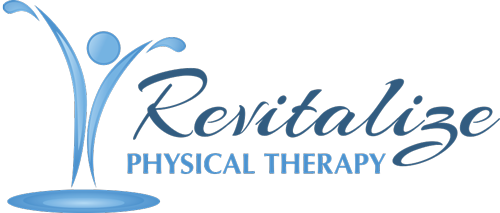Recently, Amanda and I had the pleasure of visiting the Maze Women’s Sexual Health clinic in Westchester. We had the opportunity to meet several staff members, including Dr. Michael Werner, the Medical Director, Bat Sheva Marcus, the Clinical Director, Melissa Ferrara, the Associate Medical Director as well as a number of therapists and medical professionals: Jennifer Dembo, Helen Leff, and Jacqueline Giannelli. One of my favorite aspects of the clinic is that they take “multidisciplinary approach” to new levels.
The initial evaluation at Maze is a two-hour encounter that addresses an individual’s entire biopsychosocial sexual history. It includes both a therapeutic portion and a medical portion with mental health professionals and a nurse practitioner or physician’s assistant, respectively. After the intake, which includes a thorough diagnostic examination and bloodwork, both clinicians sit down with the client, review the results, and determine the best course of treatment.
In our interview with Dr. Marcus, she explained that the clinic primarily treats women experiencing pelvic pain, low desire, arousal issues, or difficulty achieving orgasm. She explained that often, clients will confuse these issues for one another because they overlap. She and her staff determine what are the true root causes and treat accordingly. She also explained that when pelvic pain is the driver, it often affects one’s relationship with their significant other. Including mental health professionals on the team enables the couple to address that and to achieve optimal results.
Services offered at Maze include Botox injections for overactivity of the pelvic floor muscles, MonaLisa Touch (a minimally invasive vaginal laser treatment for increased collagen production), blood analysis, hormone therapy, cold laser, and PRP injections for enhanced orgasm.
Dr. Marcus wrote her dissertation on vibrator usage, so we obviously needed (not wanted, but needed) to pick her brain on that. She explained that prior to her thesis, there was a dearth of information on the topic and that scant literature had been written on what she calls “one of the most underused tools in women’s sexual arsenal.” Vibrators are an easy modality to help women achieve orgasm without adjusting hormones or introducing chemicals, and she promotes their usage in partnered relationships to enhance the pleasure experienced by the couple.
We asked Dr. Marcus about the concern we have heard expressed- “Will using a vibrator ‘excessively’ desensitize one while with a partner and make it more difficult to achieve an orgasm?” Dr. Marcus explained that repeated vibrator usage does not change one’s neurophysiology permanently. Taking a break from it for several weeks (or decreasing usage) will allow one to return to their baseline level. (And yes, she kindly gifted us with special parting gifts before we left. Being pelvic floor therapists has so many perks!)
We also discussed Dr. Marcus’s podcast, “The Joy of Text,” which she describes as one of her favorite projects. We encourage all of you to explore and enjoy it.
Amanda and I are grateful to the clinicians at Maze for spending time with us and answering our many questions. We look forward to a continued relationship with them and helping many people together!



